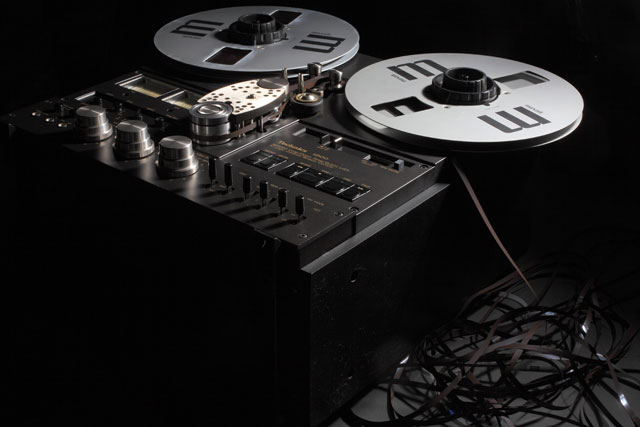HKS v HSM: The impact of covert recording
 |
| Image: Public Domain, via Piqsels |
Covert recording of one parent by the other is sadly a regular feature in child arrangements cases these days. I suppose part of the reason for that is the ease with which such recordings can be made, including using smart speakers and other technology to record whilst the party doing the recording is not even in the home.
But the amount of covert recording done in HKS v HSM is, by any accounts, remarkable. We are told that: "All in all there were about 680 hours of covert audio recordings of the mother, both when the father was at home and when he was out", some of which the father took to the police, in support of an allegation of assault against the mother (which the police did not take further).
But the Recorder dealing with the mother's child arrangements application did not consider that these recordings should affect his decision, which was that there should be a shared care arrangement. He did make findings against both parents, but only in relation to isolated incidents.
The mother appealed submitting, inter alia, that the Recorder had failed to take into account the impact on her and therefore the child of the behaviour of the father in covertly audio recording her over a very lengthy period of time (681 hours), and then taking the recordings to the police.
Hearing the appeal Mrs Justice Judd found:
"...that the Recorder was wrong to decide at the stage he did that his findings did not impact upon the parties care of the child. His decision came at the end of the fact finding hearing, and before the welfare assessment. The findings that he made against the mother (her comment which was caught on an audio recording) about coaching the child when he was older, and against the father about berating the mother for removing a head covering could have been dismissed as isolated incidents but the same could not be said of the audio recordings. They were carried out over several months. 681 hours of covert recording is a very large amount and a very substantial invasion of the mother's privacy, unsurprisingly causing her anxiety and distress. The Recorder dismissed the father's case that he had conducted the surveillance because he was concerned about the mother's mental health and/or that he believed the mother to be plotting against him to deprive him of a relationship with the child. That immediately begged the question as to his true motivation."
It was clear from the mother's evidence that the surveillance had had a serious effect upon her. We are told that:
"In the mother's statement prepared for the welfare hearing she set out the effect that the surveillance had had on her. She said that the father had spied on her whilst knowing she was isolated from family and friends and that he had used the recordings to have her arrested. She said that she could have lost her job, and possibly the care of their child, if she had been arrested and charged. She said that the father had taken a covert screen shot during a supervised video call, and that she was very worried that the father would find new ways to try and gather evidence against her for future proceedings to remove the child."
And that:
"It is clear from this statement that the issue of father's behaviour and the effect on the mother was before the court at the welfare hearing."
Mrs Justice Judd went on:
"The matters contained in the mother's statement needed to be assessed for they were highly relevant to the welfare determination, but the Recorder was critical of the mother for bringing them up at all. ... If the mother was right as to the father's motivation in carrying out the covert surveillance and reporting her to the police, then it could have a bearing on whether it would be right to place the child in the middle of a more or less equal shared care arrangement. The Recorder had, however, prematurely decided that the behaviour had no bearing on the outcome at all."
In the circumstances the mother's appeal was allowed, and the case remitted for rehearing before another judge.
Comments
Post a Comment
Thank you for taking the time to comment on this post. Constructive comments are always welcome, even if they do not coincide with my views! Please note, however, that comments will be removed or not published if I consider that:
* They are not relevant to the subject of this post; or
* They are (or are possibly) defamatory; or
* They breach court reporting rules; or
* They contain derogatory, abusive or threatening language; or
* They contain 'spam' advertisements (including links to any commercial websites).
Please also note that I am unable to give advice.